
-
Find the right food for your petTake this quiz to see which food may be the best for your furry friend.Find the right food for your petTake this quiz to see which food may be the best for your furry friend.Featured products
 Perfect Digestion Small & Mini Adult Dog Food
Perfect Digestion Small & Mini Adult Dog FoodHill's Science Plan Perfect Digestion Small & Mini Adult Dog Food with Turkey is a complete premium pet food for small breed adult dogs aged 1–6 years. This deliciously smooth mousse is precisely balanced to deliver the appropriate amount of energy and to support digestive health in adult, small breed dogs.
Shop Now Perfect Weight Small & Mini Adult Dog Food
Perfect Weight Small & Mini Adult Dog FoodHill's Science Plan Adult Small & Mini Dog Food with Turkey is a complete premium pet food for adult small dogs from 1 year old that are prone to weight gain or slightly overweight. This deliciously smooth mousse is formulated to deliver the appropriate amount of energy to support weight maintenance in adult dogs.
Shop Now Sensitive Stomach & Skin Dog Food
Sensitive Stomach & Skin Dog FoodHill's Science Plan Sensitive Stomach & Skin Adult Wet Dog Food with Chicken is a complete premium dog food for adult dogs from 1 year. This savoury tinned loaf is enriched with ingredients that support digestive health & skin care.
Shop NowFeatured products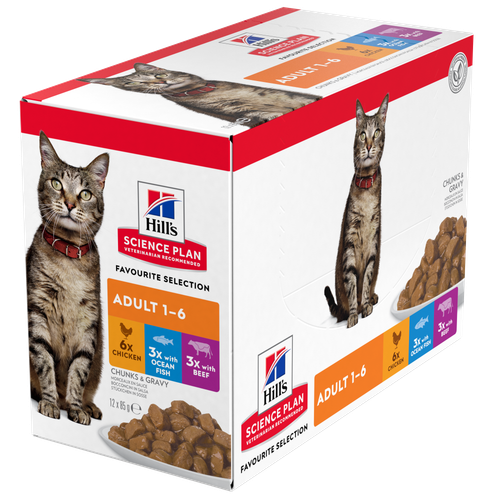 Adult Wet Cat Food with Chicken
Adult Wet Cat Food with ChickenTender chunks in gravy for cats, with high-quality protein to maintain lean muscle. With vitamin E and omega-3s & -6s for healthy skin and balanced minerals to support healthy vital organs.
Shop Now Mature Adult Wet Cat Food with Chicken
Mature Adult Wet Cat Food with Chicken
Tender chicken chunks in gravy for mature adult cats. Made with easy-to-digest ingredients, high-quality protein for lean muscle maintenance and antioxidant vitamins C+E for optimal health.
Shop Now with Ocean Fish, Chicken
with Ocean Fish, ChickenTender chicken chunks in gravy for cats, with L-carnitine and fewer calories for ideal weight management. Packed with high-quality protein, omega-6s, and vitamin E for shiny fur and healthy skin.
Shop Now -
Dog
- Dog Tips & Articles
-
Health Category
- Weight
- Food & Environmental Sensitivities
- Urinary
- Digestive
- Joint
- Kidney
-
Life Stage
- Puppy Nutrition
- Adult Nutrition
- Senior Nutrition
Cat- Cat Tips & Articles
-
Health Category
- Weight
- Skin & Food Sensitivities
- Urinary
- Digestive
- Kidney
-
Life Stage
- Kitten Nutrition
- Adult Nutrition
Featured articles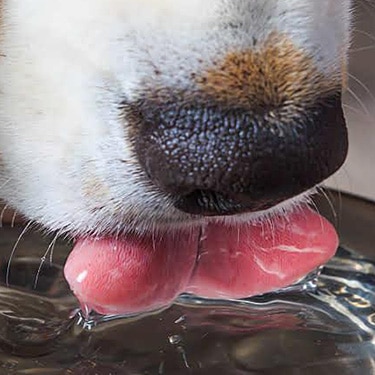 An Owner's Guide To Safe Water Sources For Pets
An Owner's Guide To Safe Water Sources For PetsEnsure your pet's hydration with our owner's guide to safe water sources for pets. For detailed tips on maintaining your pet's health, visit Hill's Pet UK.
Read More Tips For Mixing Wet And Dry Pet Food
Tips For Mixing Wet And Dry Pet FoodDiscover tips for mixing wet and dry pet food to ensure balanced nutrition and variety for your pet. For comprehensive feeding advice, visit Hill's Pet UK.
Read More Virtual Vet Visits: What You Need to Know
Virtual Vet Visits: What You Need to KnowLearn the ins and outs of a televet appointment before you talk to a vet online.
Read More -


Your kitten and the great outdoors
Your kitten shouldn't be allowed outside the home until she's completed her first course of vaccinations. And even then, you should wait a further 2 weeks, to make certain the vaccine has had time to take effect. A good age to let her experience the outside world is 14-16 weeks, but please don't let her out unaccompanied until she's really confident; a good guide is whether she's big enough to use the cat flap. While she's little, you should stay with her when she plays, and make sure she doesn't wander off. Of course, when she's older, she'll go her own way.
Some people prefer to keep their cats indoors, which is fine, as long as they have enough exercise around the house. There's no reason why 'indoor cats' can't live a happy, healthy life without ever venturing past the front door. If you're the indoor type, your vet will be able to advise you how to keep your cat in the best possible shape through food and indoor activity games.


Tasty Tips
How can you 'kitten proof' the outside world?
Letting your kitten play outside for the first time can be daunting. Don't worry though, a few simple steps will help keep her safe and sound.
Tell your neighbours you have a new kitten.
Encourage her to keep away from busy roads and come home to sleep at night.
Remove all poisonous plants from your garden. These include lily of the valley, laburnum and foxglove.
Make sure all hazardous chemicals in your shed or garage are safely locked away.
Don't use slug pellets, or, if you do, make sure they are special 'pet friendly' ones.
Microchipping - a small thing that can make a big difference
You'll probably want your kitten to wear a collar with your name and contact details attached to it, but it's also worth considering having a microchip fitted.
A microchip is a tiny device, about the size of a grain of rice, that's injected under the skin. It carries a unique number which is entered on a central database, so that if your kitten ever goes missing, she can be re-united with you more easily.


One of our staff authors prepared this article for you
Related products

Tender chicken chunks in gravy for cats, with L-carnitine and fewer calories for ideal weight management. Packed with high-quality protein, omega-6s, and vitamin E for shiny fur and healthy skin.

Tender chunks in gravy for cats, with high-quality protein to maintain lean muscle. With vitamin E and omega-3s & -6s for healthy skin and balanced minerals to support healthy vital organs.

Hill's Science Plan Adult Cat Premium Chunks in Sauce with Turkey is a complete pet food for adult cats aged 1-6 years

Tender chicken chunks in gravy for mature adult cats. Made with easy-to-digest ingredients, high-quality protein for lean muscle maintenance and antioxidant vitamins C+E for optimal health.
Related articles
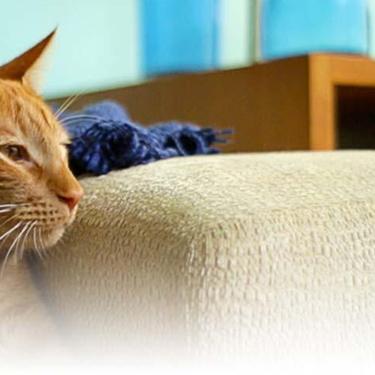
Find the right Hill
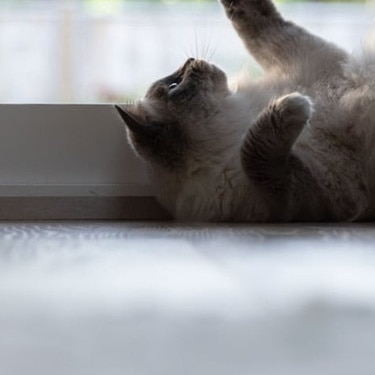
Feeding time can be a wonderful bonding opportunity for you and your cat. Find out how to make the most of it and create a healthy habit with HIll's Pet UK.
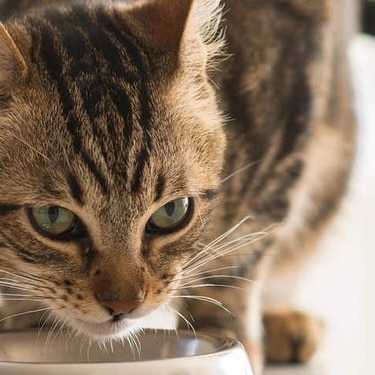
Discover what you can do to spot and support a sensitive cat stomach. See what routines and food you can implement to help your cat be happy and healthy.

Put your cat on a diet without them knowing
Our low calorie formula helps you control your cat's weight. It's packed with high-quality protein for building lean muscles, and made with purposeful ingredients for a flavourful, nutritious meal. Clinically proven antioxidants, Vitamin C+E, help promote a healthy immune system.
Put your cat on a diet without them knowing
Our low calorie formula helps you control your cat's weight. It's packed with high-quality protein for building lean muscles, and made with purposeful ingredients for a flavourful, nutritious meal. Clinically proven antioxidants, Vitamin C+E, help promote a healthy immune system.

